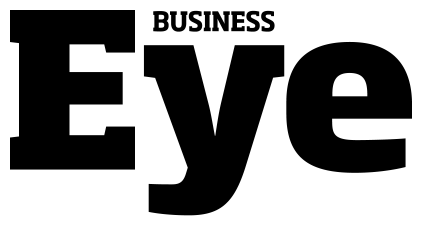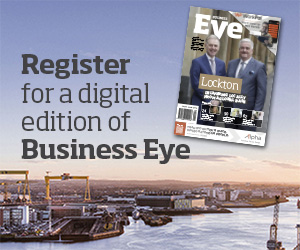Both societies are advising businesses to prepare for a no-deal Brexit and for the reintroduction tariffs and quotas on imports and exports between the UK and the EU from the end of March.
The Chartered Accountancy bodies also state that they have particular concerns regarding the readiness of the SME sector to deal with these challenges.
Niall Harkin, Chairman of Chartered Accountants Ulster Society said: “Generally, aside from the agribusiness sectors, it is not the amount of customs duties to be reintroduced that will pose problems for businesses in the UK and NI in particular.
“Rather it is the disruption which will be caused by customs checking at the borders with the EU and the increased administration that this will bring. Furthermore, many businesses will encounter a new up-front VAT charge on imported goods which will impact on cash flow.”
Gerry Nicholas, Chairman of Chartered Accountants Ireland London Society said: “Chartered Accountants, as business leaders and financial planners and managers, will be at the forefront of dealing with any new trading obligations post Brexit. We must ensure that businesses will meet any new legal requirements that emerge.
“We are recommending that as a minimum first step, cross-border trading businesses ensure that their business has applied for a UK EORI number required to continue to trade within the EU after 29 March.”
The UK government has released a Partnership pack which covers information on how to prepare for changes at the UK border in the event of a no deal Brexit. The guide addresses future cross-border trading activity and highlights steps which can be taken to prepare for Brexit. Chartered Accountants Ireland is publicising this guide.
Chartered Accountants Ireland has also prepared a written guide on how customs operate (and is designed particularly for traders who are dealing with customs for the first time) in conjunction with the Institute of Chartered Accountants in England and Wales (ICAEW) and a free copy is available at www.charteredaccountants.ie.
In terms of financial services, there are definitive reports of firm’s relocating from the UK to Ireland. We would urge such firms to continue with contingency planning with customers and investors in mind. Chartered Accountants Ireland is also engaging with the relevant regulatory bodies, the FRC and IAASA, to ensure continued cross-border recognition of its members’ qualification and auditing rights across the island of Ireland after Brexit.
UK businesses can apply for an EORI number online at https://www.gov.uk/eori.

Niall Harkin, Chairman of the Chartered Accountants Ulster Society



